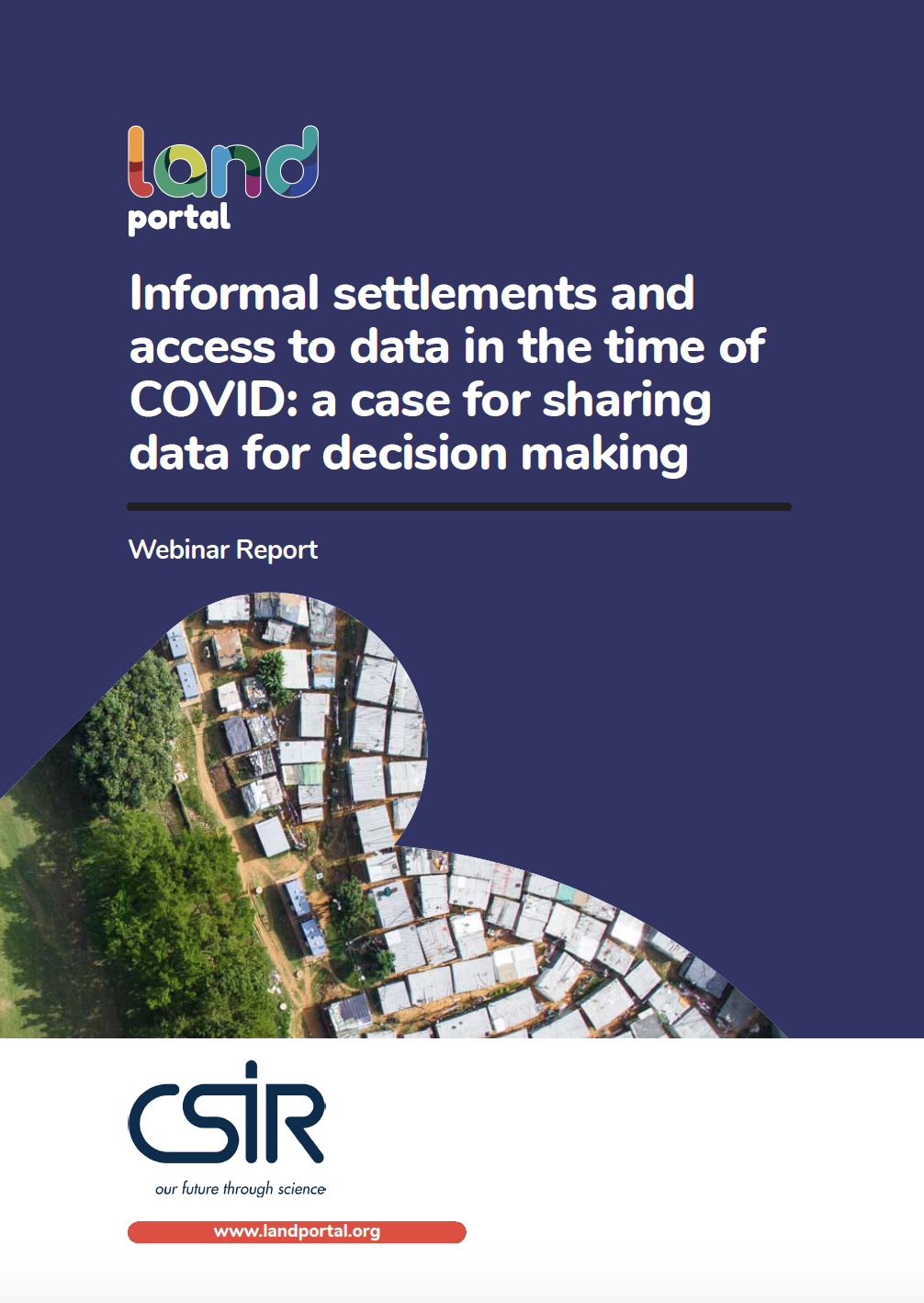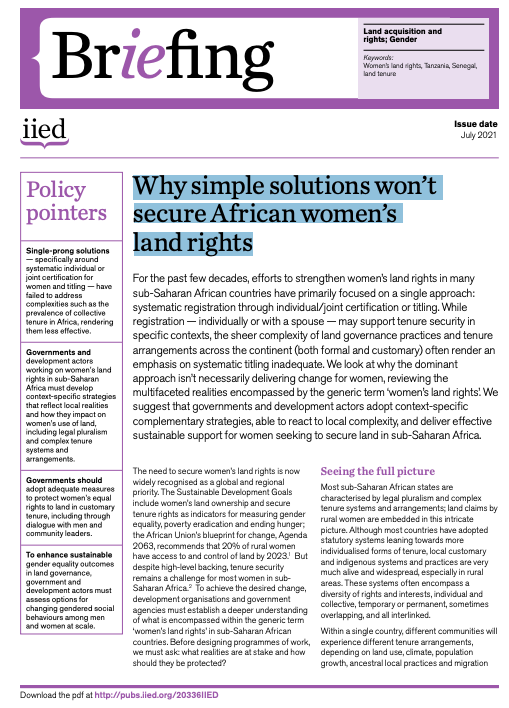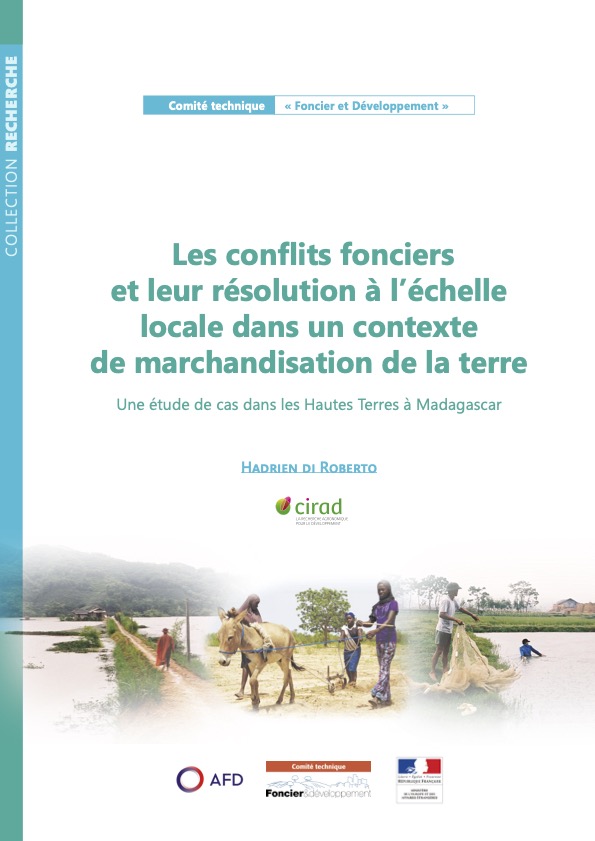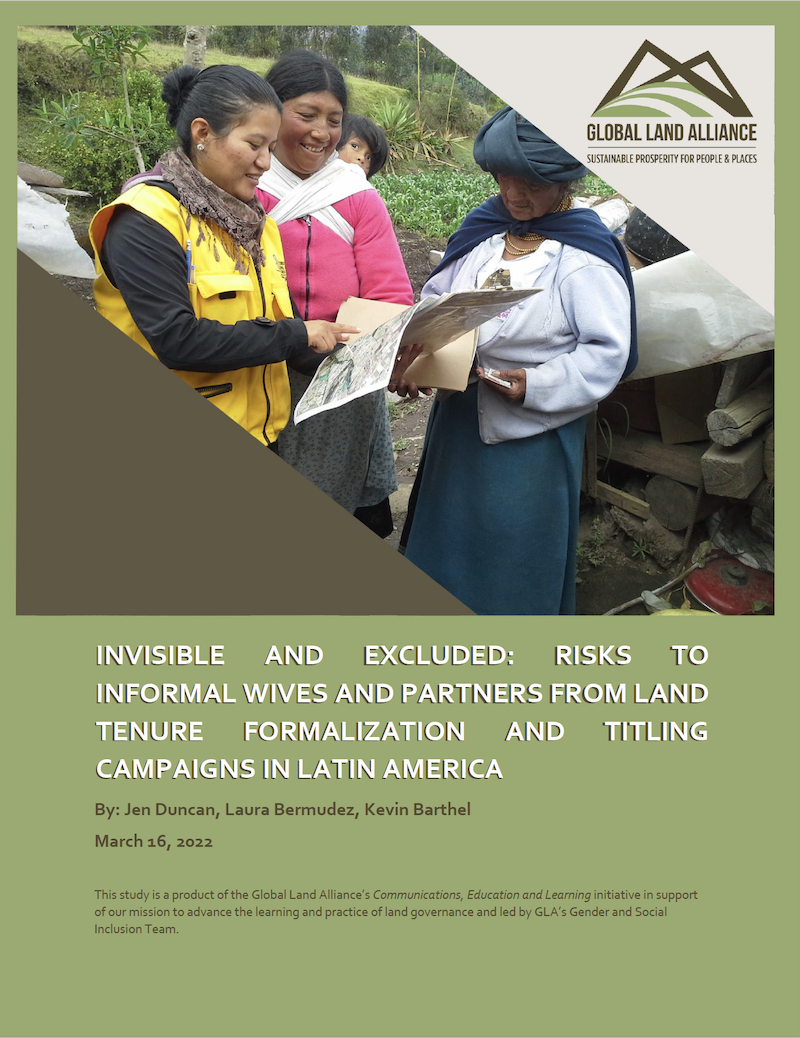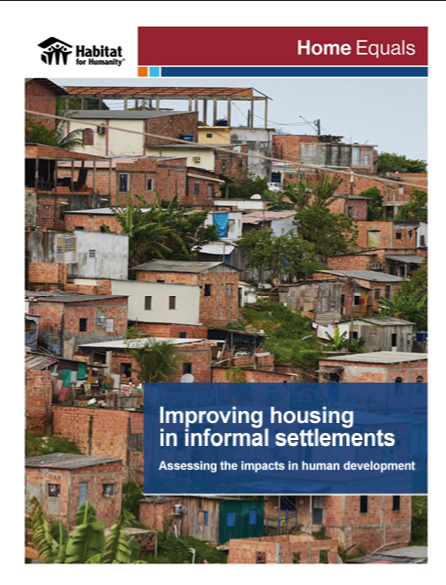Recycled fable or immutable truth? Reflections on the 1973 land tenure reform project in Lesotho and lessons for the future
State efforts to reform the customary land tenure system of Lesotho have failed to produce intended outcomes. An explanation given for this failure is customary chiefs' opposition to state-sponsored reforms, as these were purportedly meant to curtail their power over land. This explanation initially appeared in 1974 connection with the Administration of Lands Act of 1973, and has since been handed down through generations of academics and policy analysts in Lesotho and outside and uncritically accepted as immutable truth.


